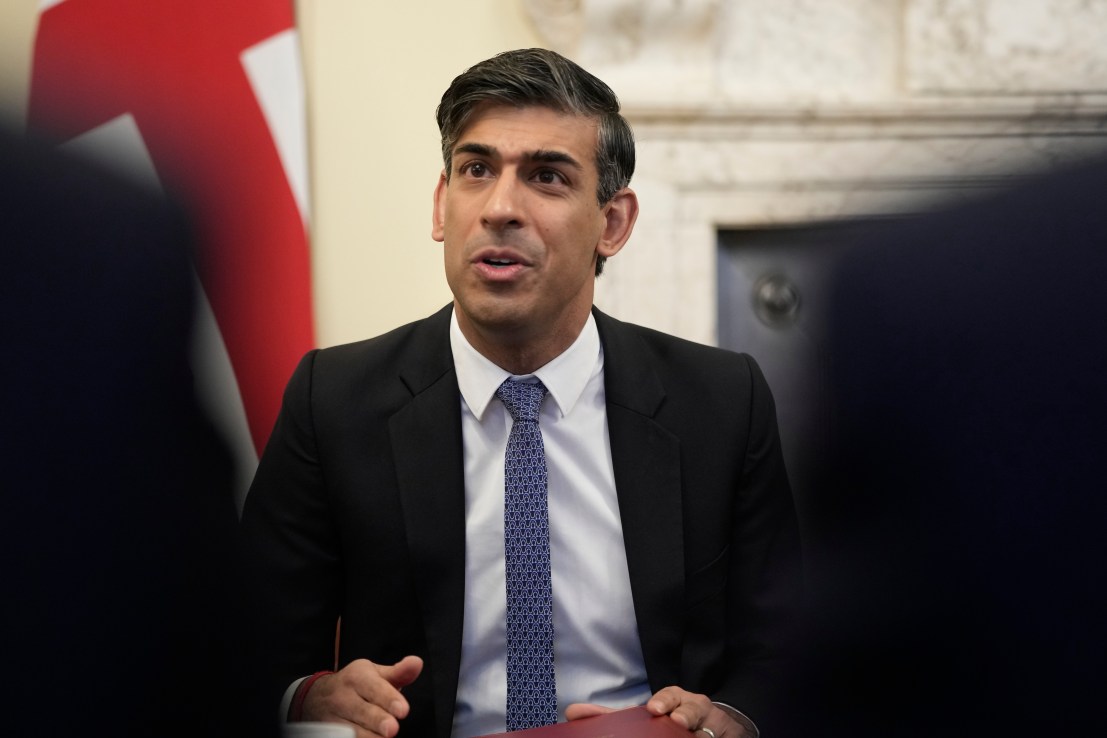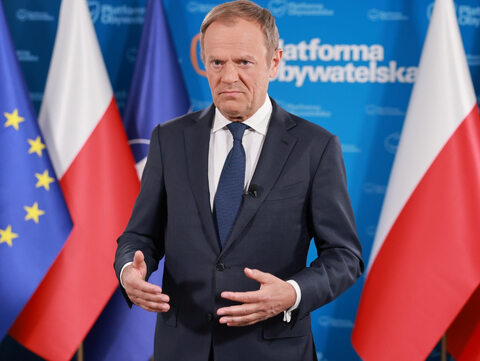Inflation figures may be good news for Sunak, but millions will still be left poorer
The economy may cheer today's inflation figures, but the cost of living crisis is far from over for millions of Brits, writes Rocio Concha


Markets may cheer today’s inflation figures, but the cost of living crisis is far from over for millions of Brits, writes Rocio Concha
At the beginning of this year, the Prime Minister made five pledges for 2023. One of those was to halve inflation from its then level of over 10 per cent. The Office for National Statistics has announced that inflation for October fell to 4.6 per cent. And while that’s undoubtedly good news for the economy, the reality is that life will continue to be hard for millions of people across the country.
Lower inflation doesn’t mean the cost of living crisis is over. Therefore, today’s data must not be used as an excuse by politicians and firms in essential sectors to act as though pain suffered by consumers is all about to end soon.
Which’s latest consumer insight tracker for October found that 55 per cent of households had to make an adjustment, such as dipping into their savings or borrowing from others, to cover essential spending. Consumers’ confidence in their own future household financial situation is closely linked to their confidence in the direction of the economy – and on that metric, more people believed that both their household finances and the economy’s performance will get worse, not better.
The effects of the high cost of living are likely to endure for some time. Around a half of mortgage holders, about 4.5m households, have already experienced increases to their monthly payments since the first rate rise in December 2021, and higher rates are expected to affect the majority of the remainder by the end of 2026.
While the average growth in wages has recently outpaced inflation, analysis from the Institute for Fiscal Studies suggests that average real disposable incomes may actually shrink over 2024, because of the planned freeze in income tax thresholds and the pass-through from higher mortgage rates. That means that living standards, and consumer spending, aren’t likely to bounce back significantly any time soon.
The economic landscape, then, is difficult – and consumers will continue to face high prices in a variety of places. But that is all the more reason for firms in essential sectors – supermarkets and telecoms – to do more for their customers.
Our supermarket inflation tracker for last month showed that while the rate of food inflation has continued to slow (from 11.2 per cent in September to 9.5 per cent in October), it is still a long way above headline inflation and this is the area causing most concern among consumers.
That’s why it’s unconscionable that some supermarkets still refuse to stock budget ranges in thousands of smaller convenience store branches across the country. Morrisons was the first supermarket to respond to Which’s campaign and show it is viable to stock a decent range of essential budget foods in convenience stores – others now need to step up.
Connectivity has become an essential part of our everyday lives. It allows us to work from home, socialise with friends and family, shop online and access government services. But our growing dependence on connectivity is happening at a time when its cost is increasing at dizzying speed due to unpredictable price hikes baked into contracts by big providers.
Consumers already battling the worst cost of living crisis in decades had in some cases been forced to pay an extra 17 per cent in April on top of the price they agreed when they signed up. The alternative was to stump up exorbitant fees, some high as £400, to exit their contract early. Telecoms providers plan to plough ahead with these unpredictable and inflation-busting mid-contract price rises in spring next year. Ofcom is reviewing these underhand price practices but telecoms companies shouldn’t wait for its decision to put a stop to these unfair practices now.
The government, too, could do more to support consumers over the coming winter. Despite the energy price cap dropping in October, many consumers on the lowest incomes will pay more for their energy this winter as they will not receive the additional £400 support they got last year through the Energy Bill Support Scheme. The government should urgently set out plans to offer targeted support to the most vulnerable homes this winter.
Inflation coming down is of course positive, but it does not mean that the pain consumers have felt over the last couple of years is set to simply disappear. The impacts of the cost of living crisis will continue to linger for some time – and it should be a reminder to the government about the need for targeted support and firms in essential sectors that they still need to do more to treat their customers fairly.


